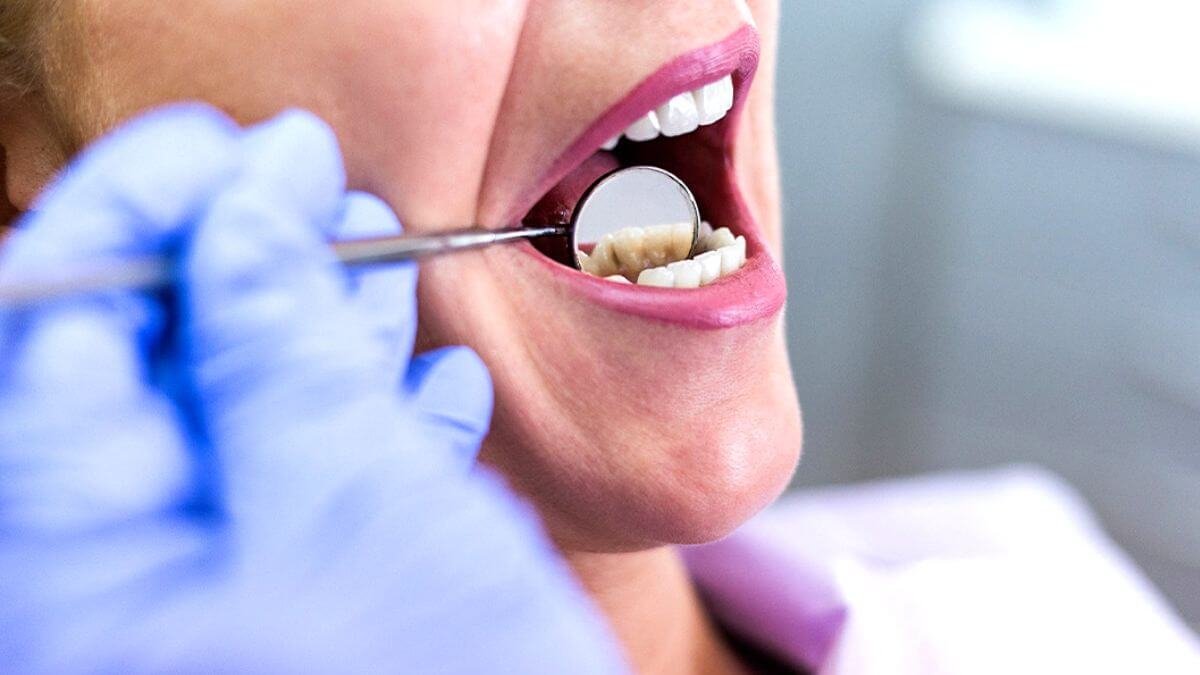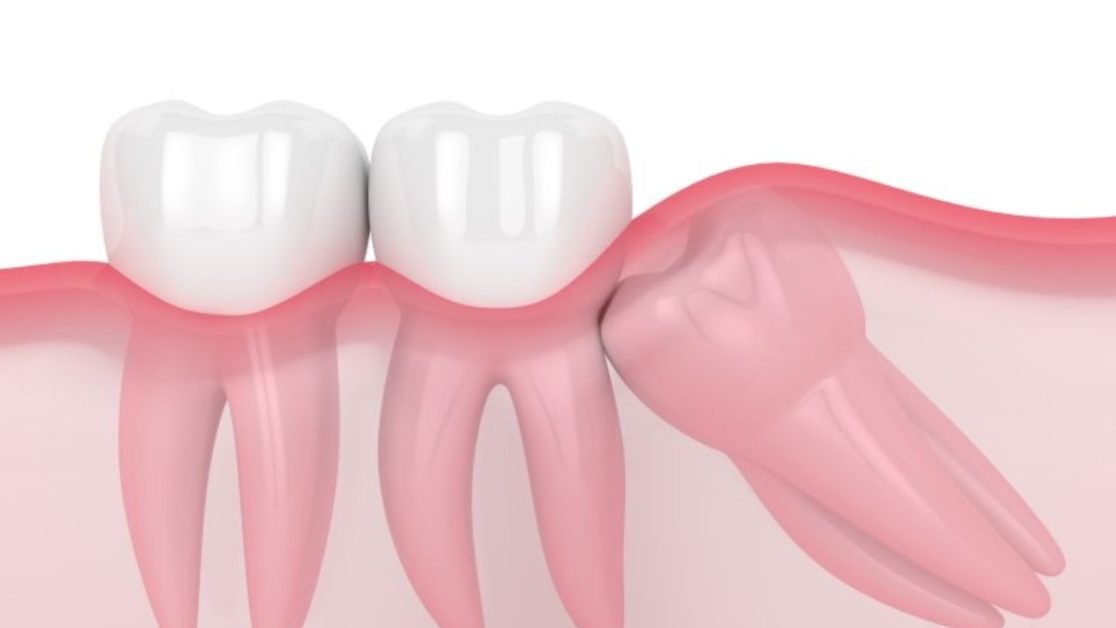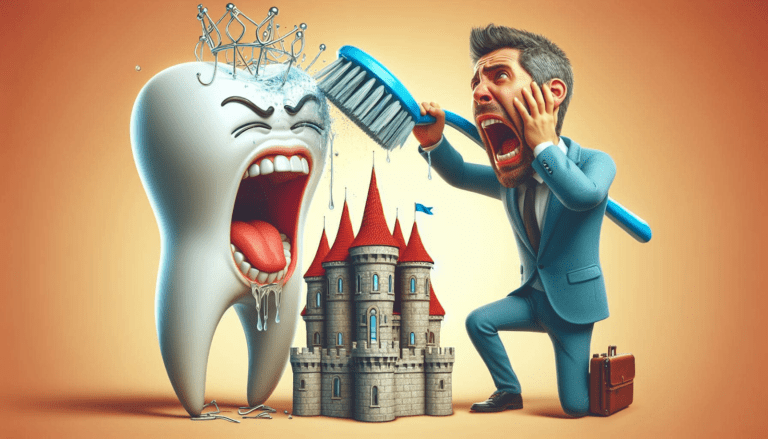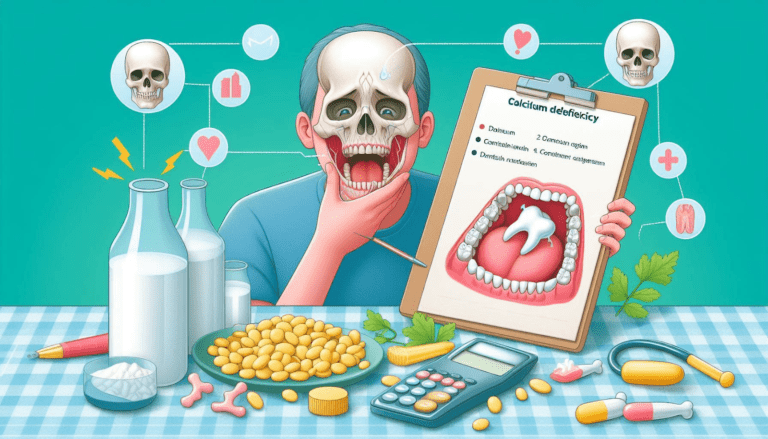Can Wisdom Teeth Cause Neck Pain? Is There Any Connection?

Many people have had a lot of issues with wisdom teeth coming in, and we hear a lot of questions about whether they can cause neck pain.
The short answer is yes, but there are also lots of other things that can cause neck pain as well. If you’ve had your wisdom teeth removed because you’ve been having issues with them, it is possible that your neck pain may be related to the extraction.
Connection Between Wisdom Teeth And Neck Pain!
Clinical studies have shown that there is an association between jaw surgeries and neck aches and pain.
There are several reasons why this could be the case: With the extraction or removal of it, some fragments of bone and tissue can be left behind during surgery, which can lead to problems in the future.

Also, nerves from the jaw can travel up through the soft tissue of the throat, resulting in referred pain from the jaw to areas like your neck.
Additionally, some people may experience swelling around their jaw after wisdom tooth removal surgery, which can put pressure on their muscles and nerves around their neck as well.
When we look at all these things together, it’s not surprising that many people feel better when their wisdom teeth are extracted.
However, if you feel that your neck pain has nothing to do with your wisdom tooth removal surgery and everything to do with something else, then it’s important to see your dentist again. You may be suffering from another issue that can be easily treated.
The Anatomy Of The Wisdom Teeth And How They Can Affect The Neck
Wisdom teeth are molars that appear in the very back of the mouth, usually around the ages of 17-25. In some cases, they can appear earlier or later, but this is not common.
The third molars start forming around the ages of 6-12, with visible signs by age 13, and they usually erupt fully by age 17.
These teeth are much larger than most other molars and have an extra root that makes it difficult for some people to have them removed.
It can cause pain and problems in the jaw because they face outward toward the cheek rather than inward toward the tongue.
This causes them to be more vulnerable to damage from biting. The wisdom teeth can also migrate into the root of another tooth, which will cause pain and infection if not surgically removed.
Wisdom teeth are more likely to cause problems than any other type of tooth because they are often impacted (stuck in their sockets) or impacted and partially erupted (partially sticking out).
Impacted wisdom teeth may never come out or even grow sideways into surrounding tissues. Impacted wisdom teeth should be removed when there is room for them to erupt properly.
? There is a lot of space between your top set of molars and your bottom set of molars, which means there isn’t much room for your wisdom teeth. As a result, it often impacted and partially erupted.
This means that they haven’t fully broken through the gum line or only partially broken through it.
? Impacted wisdom teeth may never come out or even grow sideways into surrounding tissues. Impacted wisdom teeth should be removed when there is room for them to erupt properly.
? When impacted wisdom teeth are removed, the space they occupy is filled with a synthetic material called an acrylic inlay or crown.
The tooth next to the wisdom tooth is then ground down and shaped into a new tooth surface that fits over the acrylic only.
? Crowns can be used to replace missing teeth or repair damage from trauma or decay.
A dental crown is cemented onto your existing tooth and serves as an artificial cap for strength, structure, color, and appearance.
The symptoms of wisdom teeth
The majority of people have four wisdom teeth, one in each mouth corner.
But it’s not uncommon to have fewer than four, or more than four. And some people never get any wisdom teeth at all.
If your wisdom teeth are coming in, you may notice some or all of the following symptoms:
- Soreness or tenderness in your gums
- Aching in your jaw
- Bad breath
- An unpleasant taste in your mouth
- Difficulty opening your mouth wide
- Pain when you bite down
If your wisdom teeth are only partially erupted, you may also experience:
- Food trapping between your teeth and gums
- Difficulty flossing
- A higher risk of tooth decay and gum disease

If you’re experiencing any of these symptoms, it’s important to see a dentist or oral surgeon.
They can determine if your wisdom teeth need to be removed. Wisdom teeth removal is a fairly common procedure, and it’s usually pretty straightforward.
Recovery times vary, but most people feel back to normal within a week or two.
So if you’re dealing with wisdom teeth woes, don’t despair. There’s light at the end of the tunnel. Just make sure to see a professional so they can determine the best course of action for you.
The Treatment Options
The treatment options for wisdom teeth are relatively straightforward. They include:
Removing the wisdom tooth-This is the most common option.
The dentist may remove all of your wisdom teeth at once, or he or she may perform several procedures over a period of time.
Removing only the affected wisdom tooth(s)– You may need to have just one or two wisdom teeth removed if they’re causing pain or other problems. This is called selective extraction.
Packing the empty socket with a soft material (packing) until it heals closed (enucleation).
If your wisdom tooth isn’t causing any problems and you don’t want to remove it, your dentist may pack your empty socket with cotton gauze or another soft material to keep it empty while it heals closed on its own over time.
Do nothing (watchful waiting)– Sometimes this is an acceptable option for people who aren’t experiencing any discomfort from their wisdom teeth but would like them removed just in case they experience future problems with them down the road as adults.
If you choose to watch and wait before having your wisdom teeth removed, it’s important to continue to check in with your dentist every six months or so.
This allows them to monitor the health of your teeth, determine if there are any changes, and determine when they should be removed.
The prevention of wisdom teeth
The following are some preventive measures that you can take:
?Brush and floss daily
?Eat a healthy diet that includes plenty of fruits and vegetables
?Limit sugary foods like candy and soda.
?Avoid smoking or chewing tobacco.
Final words
Wisdom teeth removal is really painful. Not only that, but wisdom teeth often cause other problems in your mouth and body. Getting them removed is a smart move medically and financially.
Dr. Edward Zelman
Dr. Edward Zelman is a distinguished and highly respected medical professional who has dedicated his career to the field of general medicine. With a profound commitment to patient care and a wealth of knowledge acquired over decades of practice, Dr. Zelman has earned a reputation as a trusted healthcare provider in his community. With a career defined by excellence and an unwavering commitment to the betterment of his patients and the broader community, Dr. Edward Zelman stands as a pillar of the medical field, dedicated to the principles of healing and compassionate care. At present, Dr. Edward Zelman is researching safe and effective natural remedies that can restore as well as maintain the youthful functioning of the body.
View All By Dr. Edward






